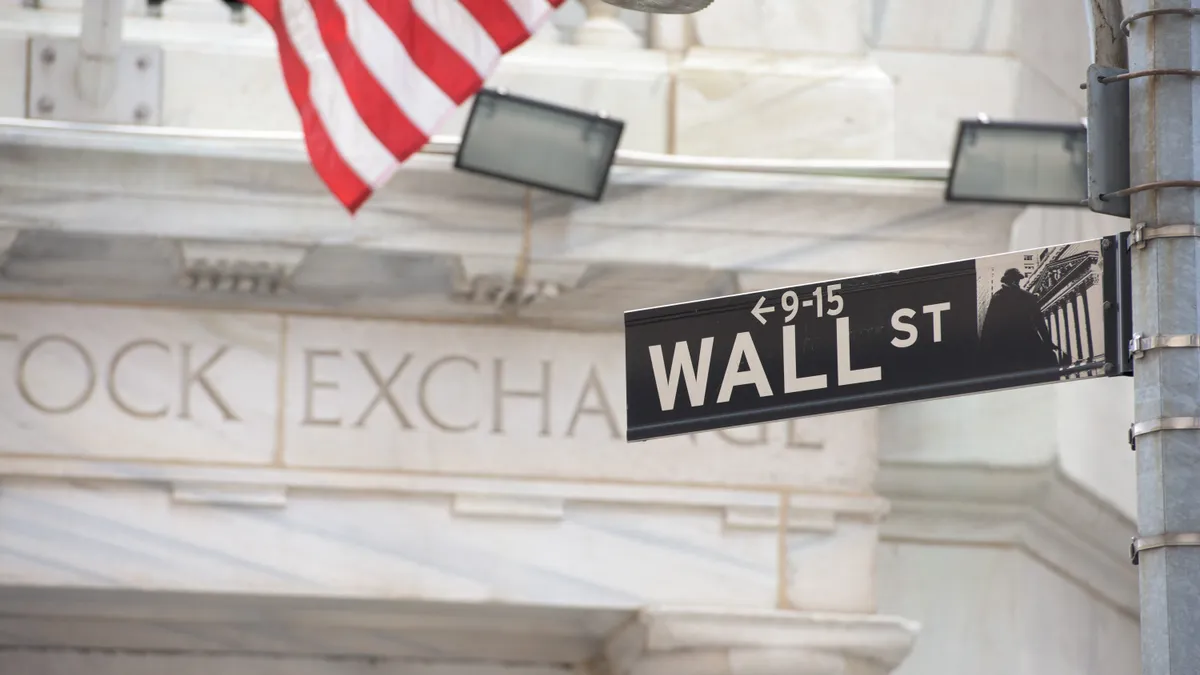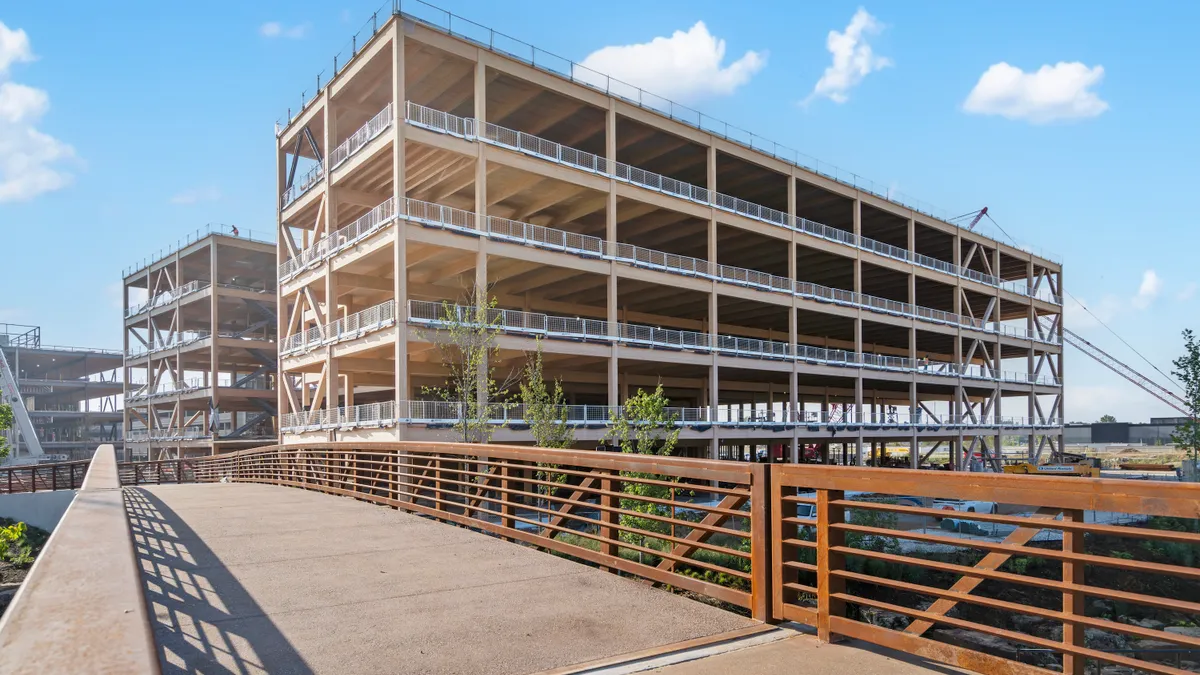Just like their privately owned counterparts, publicly traded construction firms have scrambled in the past few weeks to react to the effects of the coronavirus pandemic.
Because they perform work in locations across the world, they have been monitoring the virus since its inception in China late last year.
Now, several are freezing or even cutting executive pay and shareholder payouts, an unusual move during what had been a positive construction outlook for 2020. In addition, one public company, Fluor Corp., has taken stockholder-related measures to protect itself from the turbulent economic environment.
Balfour Beatty announced last week that its chairman, executive directors, non-executive directors and executive committee will take a 20% reduction in their salaries. It also postponed payout of its 2019 final dividend. The London-based firm has struggled in recent weeks to keep its construction sites open in the United Kingdom, which has been hard hit by COVID-19.
Senior executives and board members at Dallas-based Jacobs Engineering are taking a 10% reduction in salary, in part to help support charitable initiatives including a $1 million donation to help global organizations fighting the pandemic, the company said in a statement.
Sweden-based Skanska last week announced that it would not increase fees for its board of directors and would hold off on paying a dividend so that it can carry its 2019 profit plus retained earnings forward. CEO Anders Danielsson said the board would reconsider the dividend in the fall.
Tim Hynes, head of North American research for Debtwire, said many large corporations — such as Disney and United Airlines — are taking the same approach, cutting back on salaries for executives and board members as part of their reaction to the current market turmoil. While it's highly unusual to cut executive pay in what was a booming economy, other scenarios in the past that have led to salary cuts are material earnings misses, a failed company sale or a failed acquisition, Hynes said.
Fluor's poison pill
In a related move, Fluor Corp. leaders announced last week that the company has adopted a limited duration stockholder rights agreement to protect itself against a potential hostile takeover. The move will ensure that stockholders receive fair and equal treatment in the event of any potential takeover through the end of this year, according to a company statement.
The agreement, also known as a “poison pill” provision, will not prevent a takeover, but will encourage any individual or group seeking to acquire the company to negotiate with the board prior to attempting a takeover. The rights will be exercisable only if a person or group acquires 10% or more of the company’s outstanding common stock.
"This limited duration rights agreement will protect stockholders from efforts to capitalize on recent market volatility as a result of the COVID-19 pandemic,” said Alan Boeckmann, Fluor’s executive chairman, in a statement.
Other U.S. corporations have also announced rights agreements in recent days, including Spirit Airlines and Williams Cos., an energy infrastructure firm. In mid-March, activist investor Carl Icahn increased his stake in Occidental Petroleum Corp to almost 10% in a fight to take control of the oil producer, according to the Wall Street Journal.
Changing conditions
At the company’s video-streamed general meeting last week attended by only a limited number of people, Skanska’s Danielsson said the company is continuously reviewing its operations because conditions are changing from day to day.
“During the spread of the coronavirus, many questions have been raised about market and demand and it remains to be seen how we will be affected in a long-term perspective,” he said.
Balfour Beatty said in a statement last week that it cannot forecast the crisis’ impact on the firm’s 2020 outlook and will “provide further updates on its trading performance as and when appropriate."
While work is stalled or shut down on many projects, some public contractors have pivoted to work on pandemic-related projects. Jacobs’ CEO Steve Demetriou said in a statement this week that several of its federal and local government contracts are being refocused on COVID-19 response activities, including:
- FEMA and U.S. Army Corps of Engineers support in creating mobile hospital units in hot zones of the U.S.
- healthcare operations planning in the U.K., Australia and New Zealand.
- concept design for COVID-19 vaccine and therapy manufacturing facilities.
- engineering support to increase production of ventilators.
- cyber security support in response to increased threats during the pandemic.
Turbulence ahead
The challenges brought about by COVID-19 have led to severe declines in stock value for U.S. corporations overall and the construction publics specifically, Hynes noted. Skanska is down about 30% YTD, Balfour Beatty 20% and Jacobs 12% compared to an 18% decline in the S&P 500, he said. In addition, coronavirus-related issues played a part in Moody's Investors Service recent downgrading of its outlook for another large public firm, Tutor Perini, which announced in early March that it is in acquisition talks with a private equity firm.
Since the coronavirus crisis has gripped the U.S., the company has not indicated whether the acquisition is moving forward. There has also been no word on the potential merger of AECOM with Canadian firm WSP, which had been rumored earlier this year.
In related corporate moves, Houston-based public firm McDermott completed its Chapter 11 reorganization in mid-March, amid the burgeoning COVID-19 crisis.
As with smaller firms, the leaders of the country’s publicly traded construction companies are monitoring the situation to see how it will play out.
“The full effects of this unique occurrence remain to be seen, but it is clear that we will be affected in one way or another in the difficult situation that the world is in,” said Skanska’s Danielsson.






















